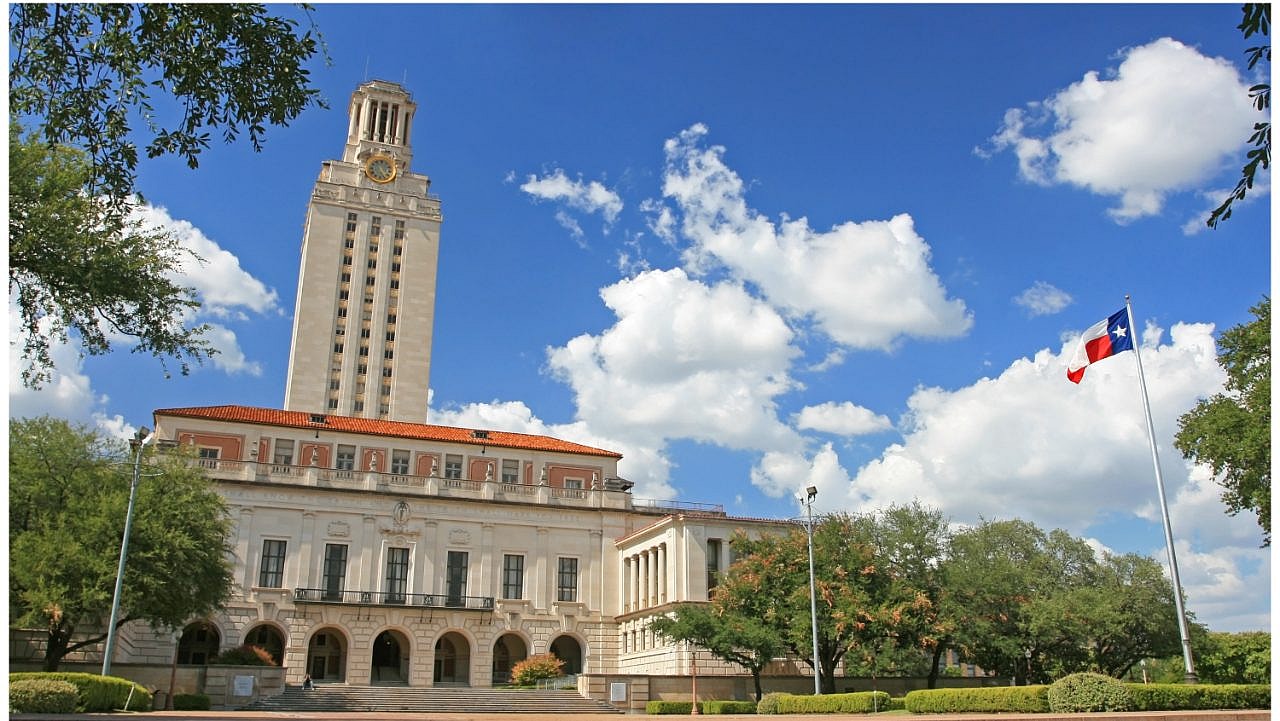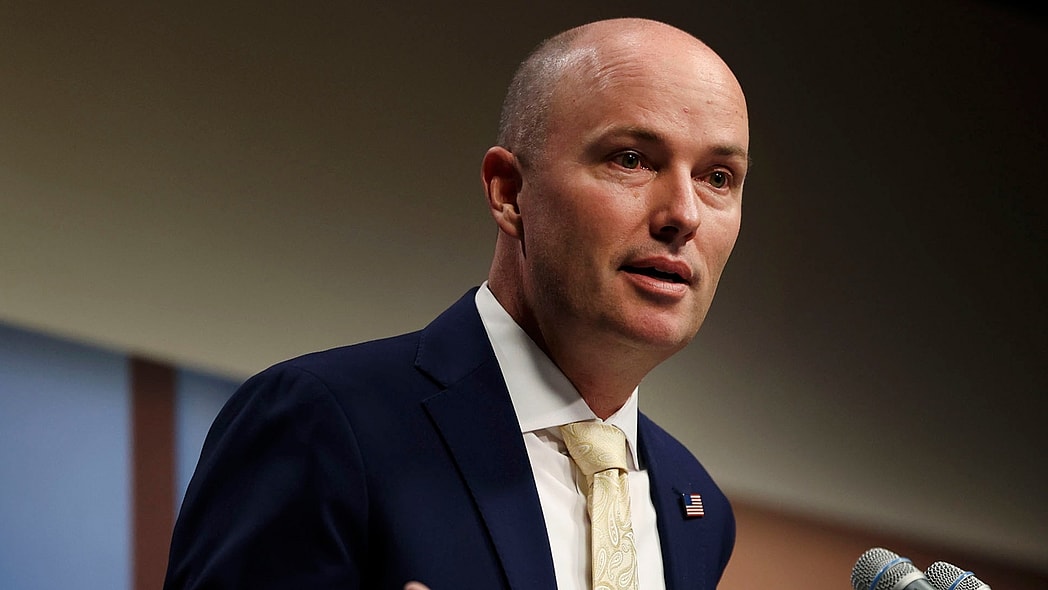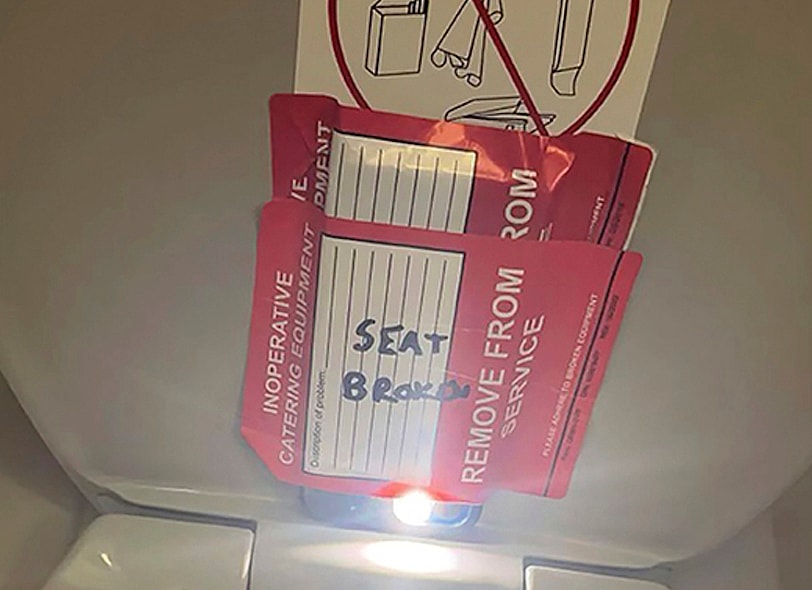Texas’ state law dismantling diversity, equity, and inclusion initiatives in higher education is having a widespread effect on student life and culture- and identity-affirming events.
The University of Texas at Austin, where Black people account for just 4.5% of students and 5.3% of faculty, has stopped offering diversity-centered scholarships since Senate Bill 17 took effect Jan. 1, according to The Houston Chronicle. The University of Houston dissolved its LGBTQ offices in September, and Texas A&M did so in January. UT San Antonio shuttered its office for Inclusive Excellence at the beginning of the year, with no intentions to repurpose the center.
While the law still allows for Black History Month activities, some students at UT Austin feel the university has toned them down. The institution is promoting a biannual conference titled “Afrofuturism and the Law” and is hosting a barbecue at the end of the month.

A web posting about the events scarcely mentions a memorial project announced last year honoring the school’s first recognized cohort of Black students from 1956, The Chronicle reported.
“The state of Texas and our legislators, as a whole, are trying to diminish the experiences of Black people,” said Alpha Kappa Alpha sorority member Bryn Palmer, the Chronicle reported. “It’s really just Black history, and they’ve rebranded it to make it seem like we’re attacking white people for things that happened in the past.”
The Multicultural Engagement Center, which served as a gathering place for Black, Asian, Latino, Native American, and LGBTQ university-sponsored student organizations, has closed. UT Austin also has discontinued long-standing cultural convocation celebrations like Black Graduation.
Although the law doesn’t apply to student groups, which will continue to receive funding, some leaders note that having faculty and administrative support and using campus centers as community-building spaces contributed to the success of many groups and diversity initiatives.
Recommended Stories
Lt. Gov. Dan Patrick’s former senior adviser, Sherry Sylvester, a senior fellow at the right-leaning Texas Public Policy Foundation and an advocate of SB 17, said having DEI offices and programs deepens the rifts on campus.
“We want to return universities to their mission, which is to be places of free speech, open inquiry and everybody’s voice is heard,” Sylvester told the Chronicle. “Nobody is silenced. Merit matters. Hard work matters.”
Asar Alkebulan, a senior academic adviser and previous co-president of the Black Faculty and Staff Association, stated that he believes no legislation, bill or policy will prevent him from expressing his identity.
Alkebulan expressed his disappointment with the university’s efforts to honor Black culture this month. In December, he tried to organize a Kwanzaa party but says campus administrators shut him down, possibly out of fear of SB 17.
“With SB 17, it’s almost like oh, well, just throw your hands up and say, ‘OK, yeah, don’t have anything,'” said Alkebulan, The Chronicle reported. “It’s hurtful. It’s disheartening.”
Never miss a beat: Get our daily stories straight to your inbox with theGrio’s newsletter.









